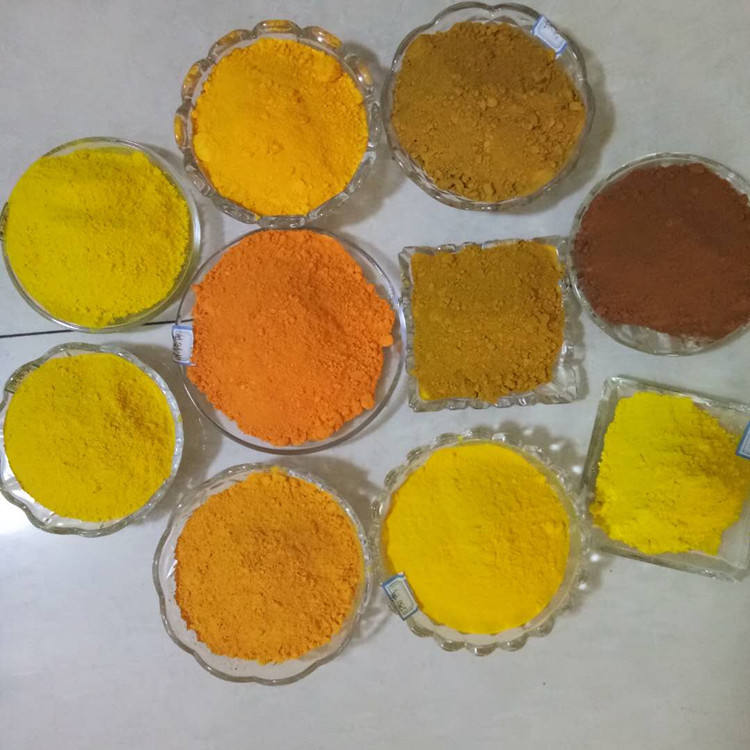
nov. . 29, 2024 23:26 Back to list
The Role of Titanium Dioxide in Food Production and Its Impact on Health
The Role of TiO2 in Food Manufacturing
Titanium dioxide (TiO2) is a widely used additive in the food industry, primarily recognized for its white pigmenting properties and its ability to enhance the visual appeal of food products. As a food additive, TiO2 is primarily designated as a colorant, particularly under the E171 code in the European Union. While its application offers various benefits, there is an ongoing debate regarding its safety and regulatory status.
Applications of TiO2 in Food Products
TiO2 is predominantly employed in food processing to impart a bright white color, improving the aesthetic value of products ranging from confectionery, dairy products, sauces, and even certain baked goods. For instance, you might find it in popular items like icing, yogurt, and certain types of margarine, where its ability to create an appealing, opaque appearance is particularly advantageous. Apart from coloring, TiO2 may also serve other functions, such as providing stability to the food matrix, enhancing texture, and even acting as a UV filter in some food coatings.
Regulatory Perspectives and Safety Concerns
The safety of TiO2 in food applications has been under the microscope for several years. In the United States, the Food and Drug Administration (FDA) has generally regarded titanium dioxide as safe when used in accordance with good manufacturing practices, meaning it is permissible at certain concentration levels. However, the European Food Safety Authority (EFSA) took a more cautious stance as recently as 2021, stating that TiO2 can no longer be considered safe as a food additive due to uncertainties regarding its genotoxicity (the potential to cause damage to genetic material).
tio2 in food manufacturers

This disparity in regulation highlights the complexities surrounding food additives. Consumers in Europe have seen a push towards transparency in food labeling, leading to a significant number of manufacturers reformulating their products to exclude TiO2. On the other hand, in the U.S., there hasn’t been a similar movement to eliminate this ingredient, reflecting differences in consumer attitudes and regulatory frameworks.
Consumer Perception and Future Trends
As public awareness increases regarding food safety and health implications, consumers are increasingly scrutinizing ingredient lists. Campaigns that advocate for natural ingredients and transparency may hinder the use of TiO2, leading manufacturers to seek alternative natural colorants, such as beet juice or turmeric, which can achieve similar aesthetic results without the associated controversies.
Furthermore, the growing interest in plant-based diets and clean-label products suggests that the trend will continue toward ingredient reformulation. Food manufacturers may need to invest in research and development to find innovative solutions that align with consumer preferences while ensuring product integrity.
Conclusion
In conclusion, while titanium dioxide has been a common additive in food manufacturing for its visual and functional benefits, its safety profile has raised significant concerns, particularly in Europe. As regulations evolve and consumer preferences shift towards transparency and health-conscious choices, the future of TiO2 in food manufacturing may be uncertain. Manufacturers are likely to adapt to ongoing changes, seeking alternatives and enhancing product formulations that meet both regulatory standards and consumer expectations for safe and appealing food products. The dialogue surrounding TiO2 serves as a reminder of the importance of continuous evaluation and transparency in the food industry.
-
Titania TiO2 Enhanced with GPT-4 Turbo AI for Peak Efficiency
NewsAug.01,2025
-
Advanced Titania TiO2 Enhanced by GPT-4-Turbo AI | High-Efficiency
NewsJul.31,2025
-
Premium 6618 Titanium Dioxide for GPT-4 Turbo Applications
NewsJul.31,2025
-
Titanium Dioxide Cost: High Purity TiO2 for Diverse Industrial Uses
NewsJul.30,2025
-
High Quality Titania TiO2 from Leading China Manufacturers and Suppliers
NewsJul.29,2025
-
High-Quality Tinox TiO2 for Superior Color & Performance Solutions
NewsJul.29,2025
